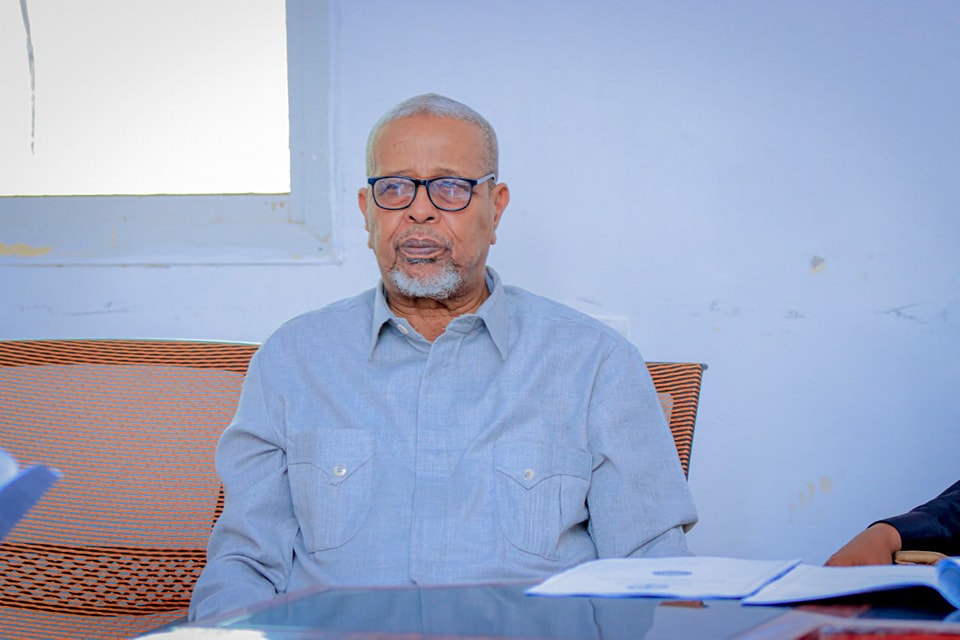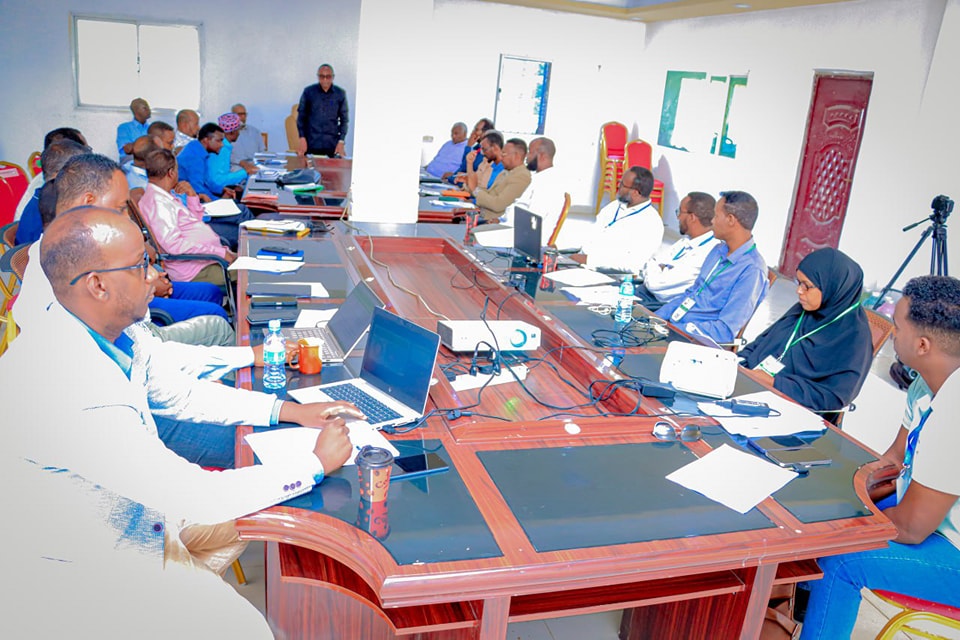We are thrilled to announce that the Amoud Health Insurance Scheme (AUHIS) policy has been successfully presented and approved by the University Senate. Led by Yurub Abdirahman Moumin, Chair of AUHIS committee and Director of Human Resource Management, AU, the proposal received overwhelming support from the Senate members, including our esteemed President.
The health insurance scheme will be administered internally by the university staff and administration, and financed by contributions from both the university and the staff on an equal share basis. This comprehensive health insurance scheme is designed to provide essential healthcare coverage for AU staff and students, ensuring access to quality medical services and financial protection.
In attendance, during the senate meeting were Dr. Mohamed M. Jibril, President, AU, Prof. Ahmed A. Boqore, Vice President, Administration & Finance, Prof. Mohamed M. Jama, Vice President of Public Relations and Student Affairs, Prof. Hamud I. Barkhadle, Vice President, Academic Affairs and Research, Dr. Abdisalam Gahayr, Acting Principal of the College of Health Sciences, Suleiman H. Ali, Chief Registrar, and Dr. Moumin F. Ismail, Director, Al-Hayat Teaching & Referral Hospital.
Stay tuned for more details on how this initiative will enhance the health and well-being of our university community. Together, we are building a healthier, stronger Amoud University.








